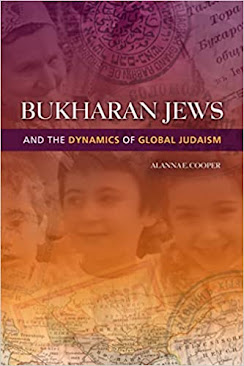In Writing on the Wall: Graffiti and the Forgotten Jews of Antiquity, author Karen Stern takes us on a journal of context. We have many written records by elite Jews in the first decades of the common era, but we know very little if these accounts reflect the lives of Jews on the ground.
Stern examines graffiti in several locations in the eastern Mediterranean: from outside rock outcroppings along trade routes to the inside of synagogues, to marketplaces and sporting arenas. She sees in these places the ubiquity of Jews in many contexts, even in a time of rising persecution from both pagans and Christians.
Stern’s careful analysis shows how well-integrated Jews were in their surroundings. Jews had much in common with their Christian and Pagan neighbors, and their graffiti (and all three groups produced graffiti) if not for specific Jewish references, would be identical.
This has been a refreshing trend in Jewish scholarship in recent years: instead of looking for factors whereby Jews are separated from their social environment, the areas of overlap are viewed as more salient, and a richer field of study. This book certainly bears this out. The graffiti examined in this important work was made by "ordinary" Jews, giving us a glimpse of their world outside the rabbinical lens.















































